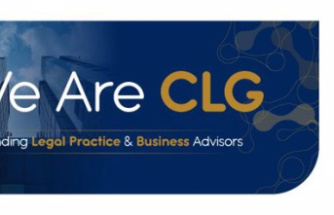Nowadays, most countries rely on technological advancements as a critical factor in the growth rate increase in the economy at a macro level. The use of new technology paves the way for efficiently reduced costs and enhanced productivity gains for businesses and individuals in an advancing country. Social development will happen as the society makes technological advancements and applies them to people’s social and cultural lives.
Technological innovations are guiding the economy towards the long-term sustainability of the people. The nation that could disseminate technology in all aspects of the society can create long-lasting employment opportunities. Countries open to going digital introduce an electronic world in the lives of their people, which tremendously increases the country's economic growth.
Going paperless is the idea of technological advancement wherein every kind of transaction can be dealt with electronically or digitally. Moving to a cashless society is an example of going paperless and an ongoing technological shift in all places of the world. A business process known as KYC helps a cashless society to foster as it protects the system from fraud and losses due to illegal transactions.
Moving a country to a cashless society brings many benefits to its people. However, going cashless increases the society's dependence on the internet and the risk of cybercrimes. The rapid take-off of contactless payments increases the transactions done by debit and credit cards. Here's a list of credit and debit card scams you should be aware of and how you can avoid them:
Three Common Types of Frauds
1. Card Not Present (CNP) Fraud
A lot of people turn away from using their physical cards and resort to purchasing only by entering their card details. As such, CNP fraud has become popular in Australia, accounting for 85% of Australian card fraud activities. In preventing this, you should always be aware of who you share your details with, online. Do not share your credit card information online and do not read your details over the phone too loudly. Some banks have KYC, which detects suspicious activity on your credit card. Make sure to choose a bank with these services:
2. Fraudulent websites
Never click the pop-out windows, especially if you are making a transaction online (e.g., online shopping, paying bills online, and so on). Pop-out windows are often the result of programs you unknowingly installed in a computer using adware or spyware. Many of these programs allow harmless advertisements, but some contain malware such as a trojan horse. This malware can record every keystroke you type. It can relay this information to an unauthorized source or individuals.
3. Identity theft
Identity theft is a crime that takes place when you let someone steal your personal information, including bank account numbers, bank information, and social security numbers. The goal of thieves is to use your personal information to open credit cards in your name and charge purchases. Since the fraudsters have all the essential information, they can access your health insurance and use it for their gain. They can even file a tax return and collect a refund.
Increasingly, more adults and children are falling prey to these fraudsters. In preventing fraud from happening to yourself or your loved ones, it is advisable to be familiar with these fraud activities so that you can notice them the moment someone tries to take advantage of you.













